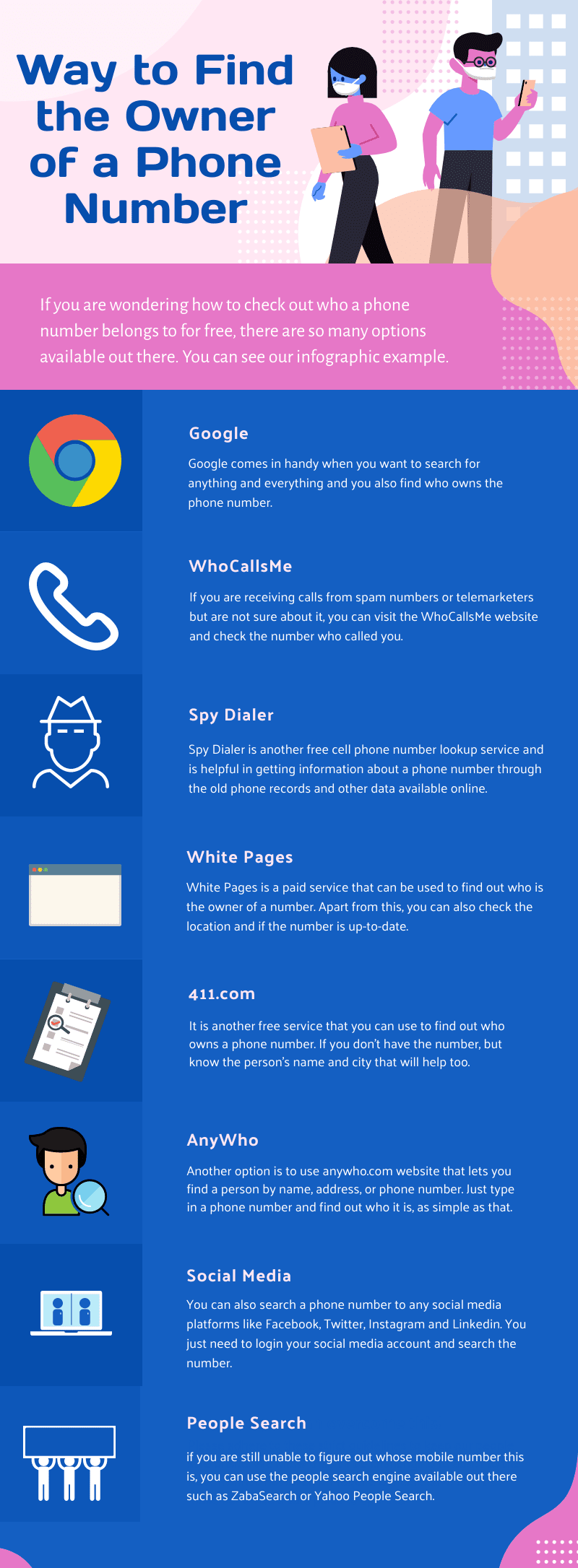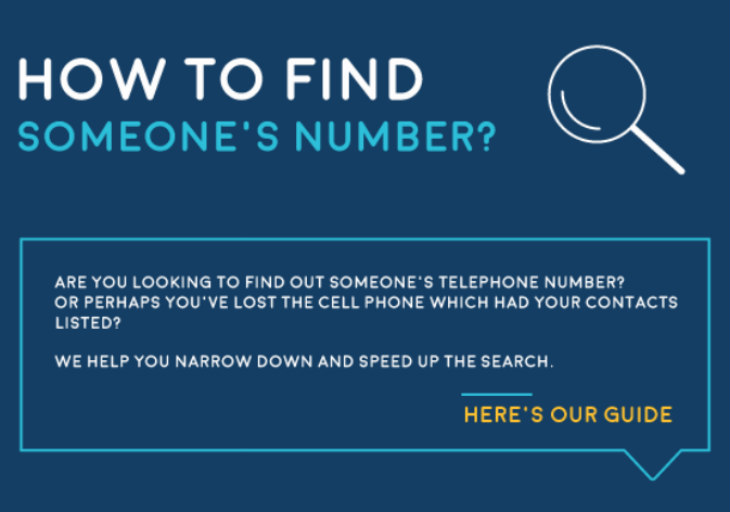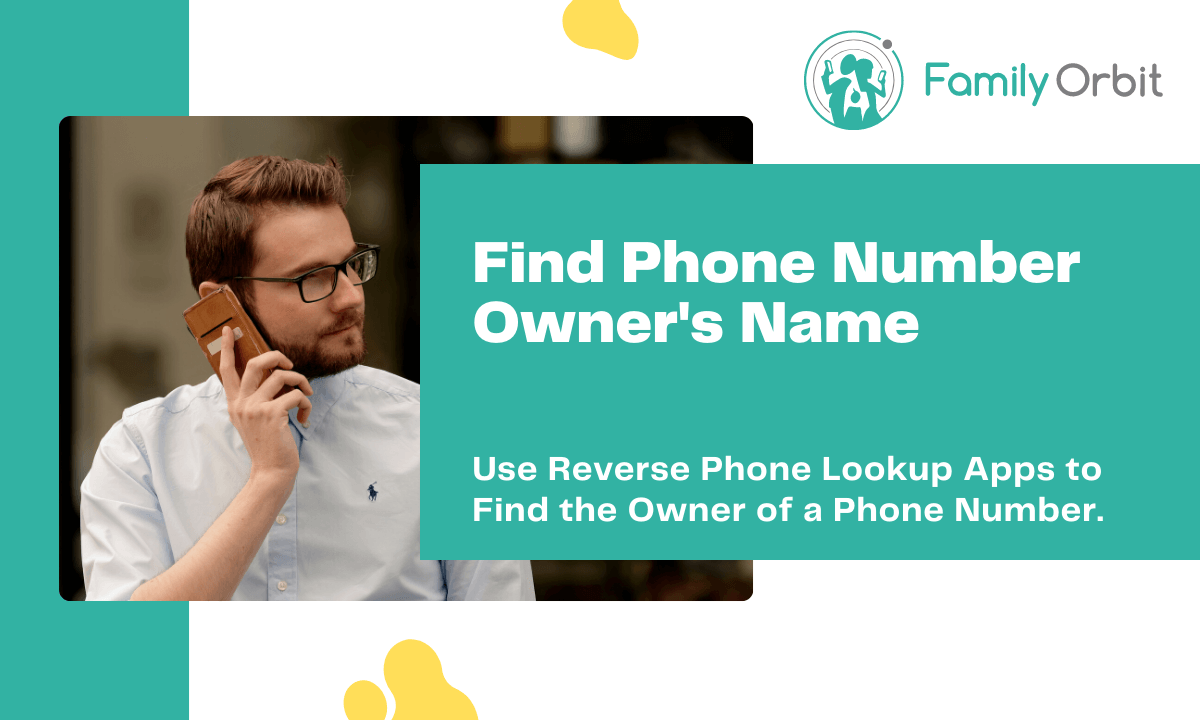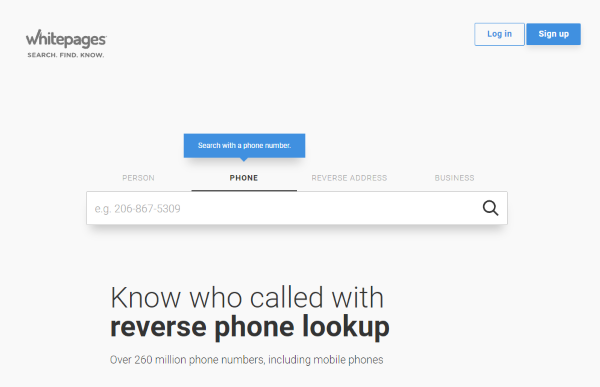Can I Find Out Who A Telephone Number Belongs To

In an era defined by constant connectivity, the question of identifying an unknown phone number lingers in the minds of many. Whether it's a missed call from an unfamiliar area code or a suspicious text message, the desire to uncover the identity behind the digits is a common one. But how feasible is it, and what are the ethical and legal considerations involved?
This article explores the landscape of telephone number identification, examining the methods available, the limitations encountered, and the implications for privacy in the digital age. Understanding these factors is crucial for navigating the challenges and opportunities presented by our increasingly interconnected world.
The Quest for Identification: Available Methods
Several avenues exist for attempting to identify the owner of a phone number. These methods range from simple online searches to more sophisticated, and sometimes ethically questionable, techniques.
Online Search Engines: The First Line of Defense
The easiest and often most accessible method is a simple online search. Plugging the phone number into a search engine like Google or DuckDuckGo may yield results if the number is associated with a publicly listed business, organization, or individual.
Social media platforms can also be helpful. Many individuals and businesses list their phone numbers on their profiles, making them discoverable through targeted searches.
Reverse Phone Lookup Services: A Specialized Tool
Numerous websites and apps specialize in reverse phone lookup. These services aggregate publicly available data, such as white pages listings, property records, and social media information, to provide potential matches for a given phone number.
However, the accuracy and comprehensiveness of these services vary widely. Some offer basic information for free, while others require subscriptions or fees for more detailed reports.
Caller ID Apps: Crowdsourced Identification
Caller ID apps, like Truecaller and Hiya, leverage crowdsourced data to identify incoming calls. These apps allow users to report and label unknown numbers, building a database of potential scammers, spammers, and legitimate businesses.
While these apps can be helpful in identifying potential threats, they also raise privacy concerns. The sharing of contact information among users can potentially expose personal data without explicit consent.
Limitations and Challenges
Despite the availability of these methods, identifying a phone number is not always straightforward. Several factors can hinder the process and limit the information available.
The primary obstacle is the prevalence of unlisted or private numbers. Many individuals choose to keep their phone numbers unlisted in public directories, making them difficult to trace through conventional means.
Furthermore, the use of prepaid or burner phones adds another layer of anonymity. These phones are often purchased without requiring identification, making it nearly impossible to link them to a specific individual.
Data privacy regulations, like the General Data Protection Regulation (GDPR) in Europe, also restrict the collection and sharing of personal information. These regulations limit the availability of data for reverse phone lookup services and other identification methods.
Ethical and Legal Considerations
Attempting to identify a phone number raises important ethical and legal considerations. It is crucial to be mindful of privacy rights and potential misuse of information.
Stalking, harassment, and identity theft are just some of the potential harms that can arise from improperly obtained phone number information. It is essential to use any information obtained responsibly and ethically.
In some jurisdictions, attempting to obtain personal information through deceptive or illegal means can result in legal penalties. Understanding and complying with local laws regarding data privacy is crucial.
The Significance of Privacy
The ability to protect one's phone number and personal information is increasingly important in today's digital landscape. The rise of robocalls, spam texts, and phishing scams highlights the need for greater control over personal data.
Consumers can take steps to protect their privacy by keeping their phone numbers unlisted, using caller ID apps with caution, and being wary of sharing their contact information online. Stronger data privacy regulations and enhanced enforcement mechanisms are also needed to safeguard individuals from unwanted intrusions.
Conclusion
While various methods exist for attempting to identify a phone number, success is not guaranteed. The availability of information is often limited by privacy settings, unlisted numbers, and data protection regulations.
Moreover, it is essential to weigh the potential benefits of identification against the ethical and legal implications of accessing personal information. Respecting privacy rights and using data responsibly are paramount in navigating the challenges of an increasingly interconnected world.
Ultimately, the quest to identify a phone number serves as a reminder of the ongoing tension between the desire for information and the need to protect individual privacy in the digital age. Finding a sustainable balance between these competing interests remains a critical challenge for society as a whole.








![Can I Find Out Who A Telephone Number Belongs To [ 2025 Guide] How to Find Out Who a Phone Number Belongs To](https://images.clevguard.com/enassets/images/article/how-to-find-out-who-a-phone-number-belongs-to.jpg)









